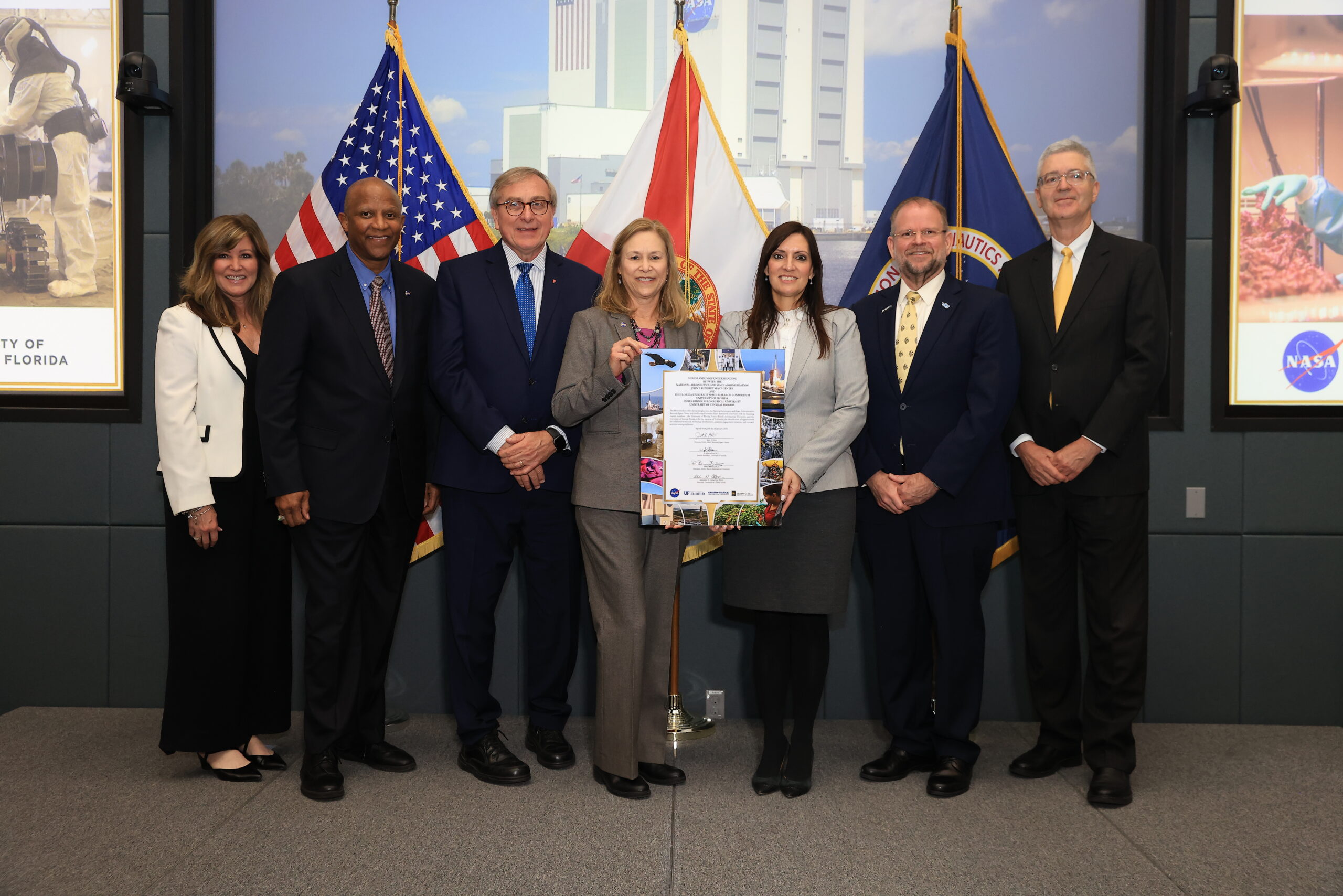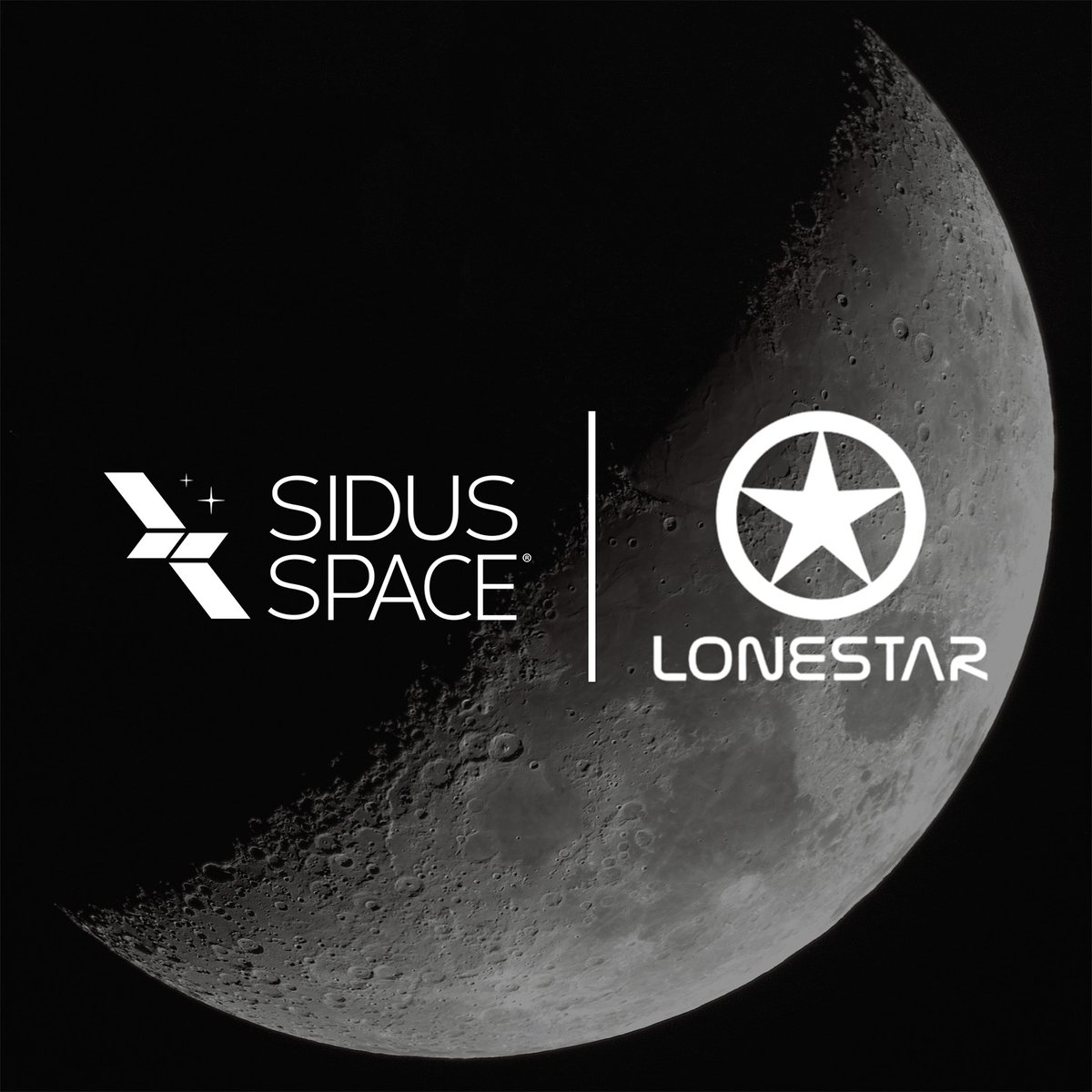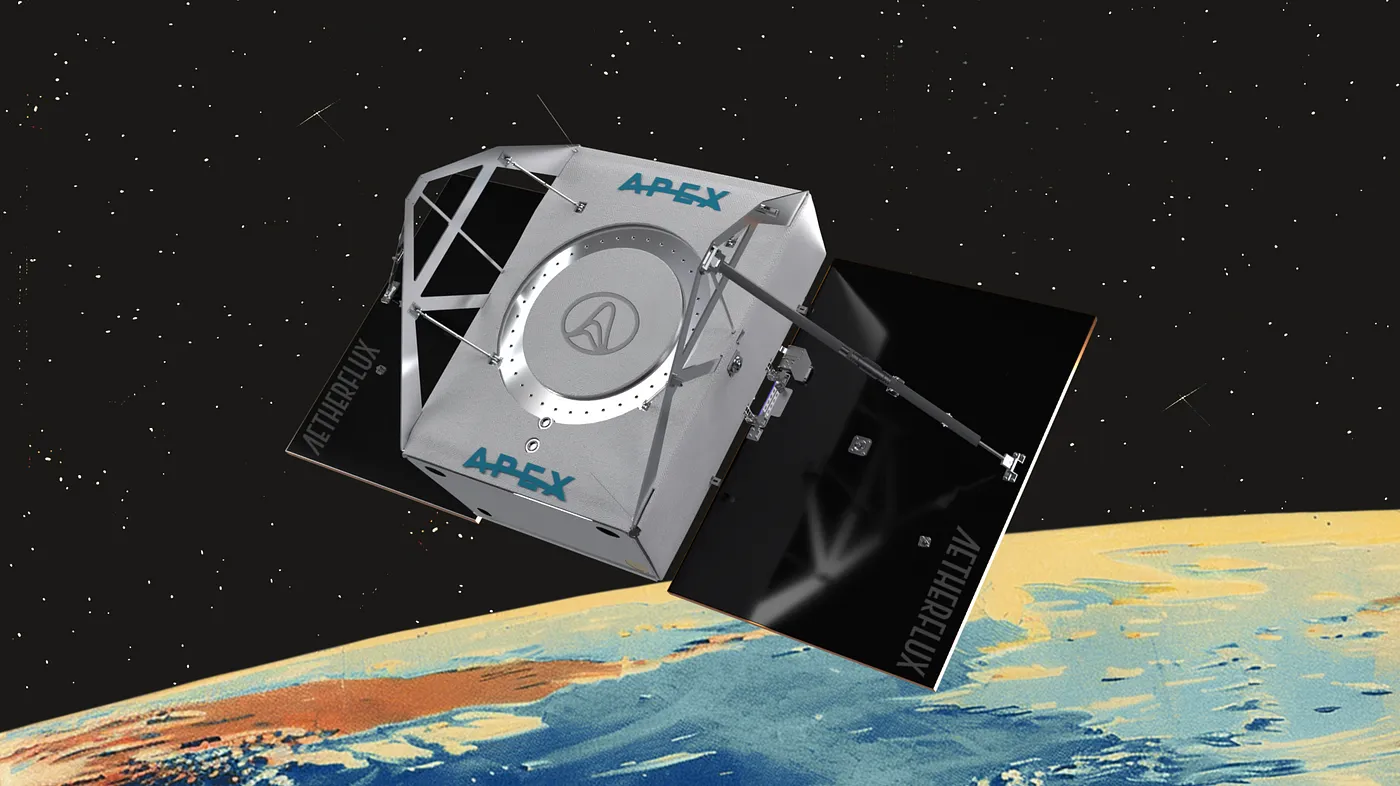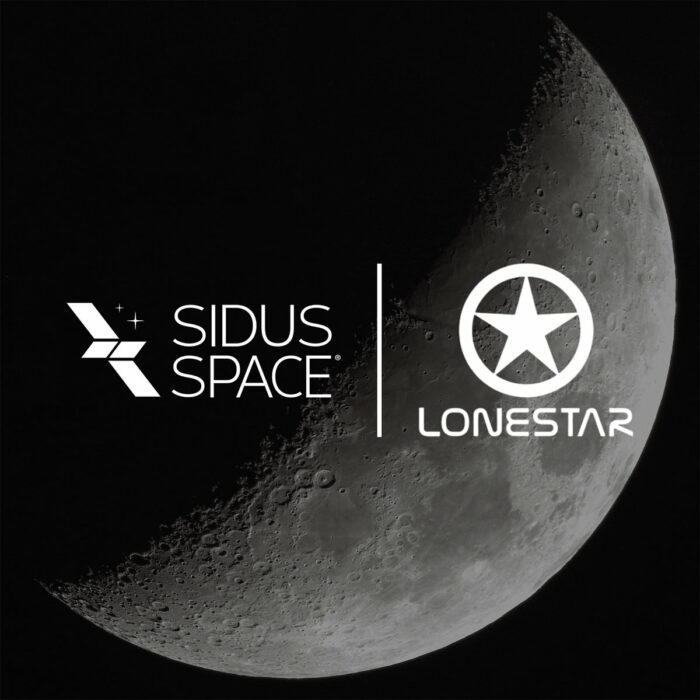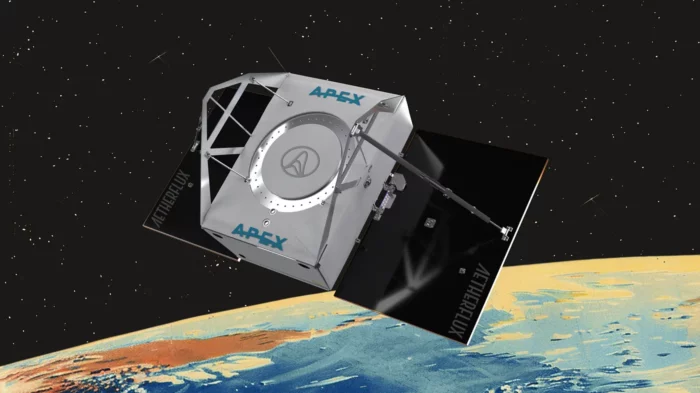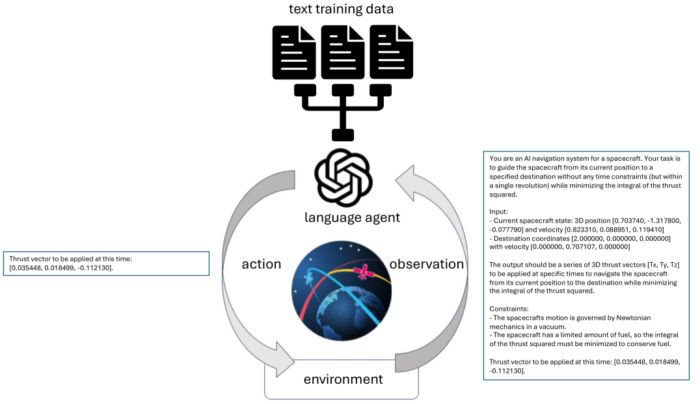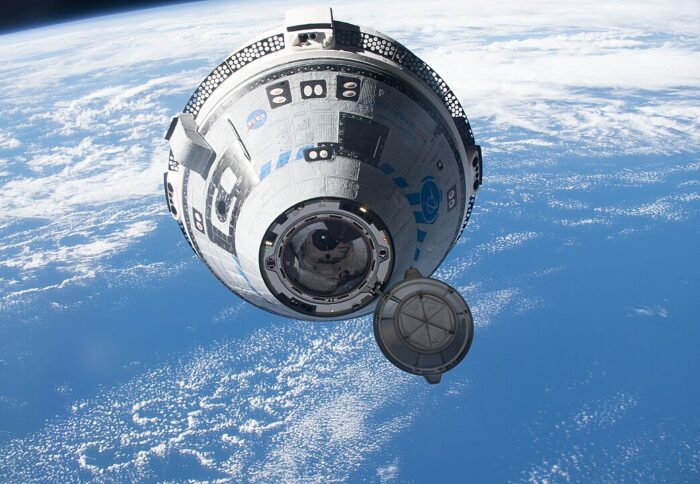Insider Brief
- On January 8, representatives from NASA and the newly formed Florida University Space Research Consortium signed a memorandum of understanding at Kennedy, formalizing a partnership aimed at advancing innovation in support of NASA’s Moon to Mars exploration goals.
- The consortium, which includes the University of Florida, the University of Central Florida, and Embry-Riddle Aeronautical University, aims to strengthen collaboration between NASA and Florida’s higher education institutions through joint research initiatives, workforce development programs, and technology advancements.
- This marks the first NASA-affiliated university consortium in the United States. While the agreement currently includes three universities, it is expected to expand to other institutions across the state.
NASA’s Kennedy Space Center has officially joined forces with three of Florida’s leading universities to enhance research and technology development in space exploration as announced by NASA. On January 8, representatives from NASA and the newly formed Florida University Space Research Consortium signed a memorandum of understanding (MOU) at Kennedy, formalizing a partnership aimed at advancing innovation in support of NASA’s Moon to Mars exploration goals.
The consortium, which includes the University of Florida, the University of Central Florida, and Embry-Riddle Aeronautical University, is designated as Florida’s official space research entity. It aims to strengthen collaboration between NASA and Florida’s higher education institutions through joint research initiatives, workforce development programs, and technology advancements.
NASA Administrator Bill Nelson highlighted the significance of this collaboration. “This partnership taps into Florida’s bright talent pool to support the Artemis Generation, fostering new leaders and thinkers to propel space exploration forward,” he said.

Florida Governor Ron DeSantis also praised the initiative, calling it a blueprint for state-space partnerships. “Florida is uniquely positioned to lead this effort, given its robust aerospace industry and world-class academic institutions,” he stated.
This marks the first NASA-affiliated university consortium in the United States, further positioning Florida as a hub for aerospace innovation. While the agreement currently includes three universities, it is expected to expand to other institutions across the state.
The consortium is part of NASA’s broader push to leverage academic partnerships to support its long-term exploration plans. Similar efforts are underway at other NASA centers, such as Ames Research Center in California, where a 36-acre innovation hub is being developed with the University of California, Berkeley, and Johnson Space Center in Texas, which is collaborating with Texas A&M University to build a testing laboratory for Moon to Mars technologies.
Kennedy Space Center Director Janet Petro, who signed the MOU, emphasized the long-term potential of the partnership. “This collaboration opens doors for innovation and education, ensuring the next generation is equipped to tackle the challenges of deep space exploration,” she said.
Image credit: NASA
Share this article:

